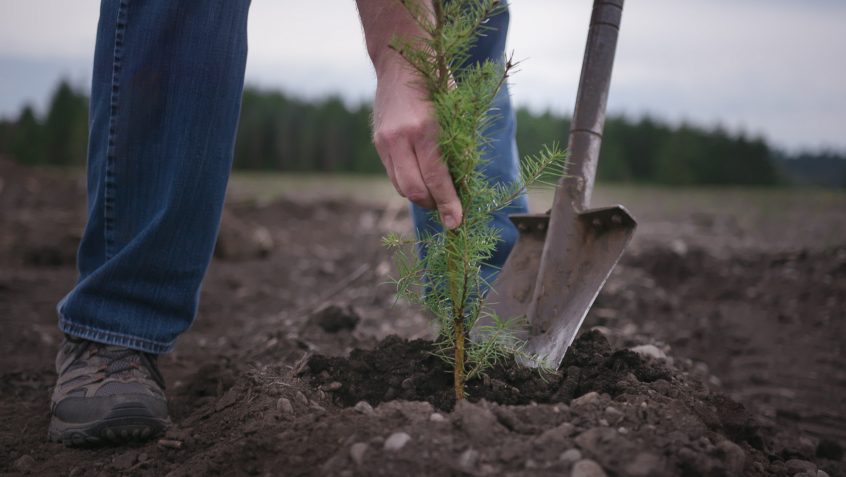The Business Roundtable made headlines recently when it announced a new set of operating principles that shift from focusing solely on shareholders to creating an economy that serves all Americans. The declaration listed the need for corporations to redefine their mission to support communities, cultivate a strong and sustainable economy, and promote stewardship and a healthy environment.
News publications like the New York Times and Fortune reported on the announcement, noting that corporations had broadened their definition of stakeholders to include the communities in which they operate, employees and customers.
“Major employers are investing in their workers and communities because they know it is the only way to be successful over the long term,” said Jamie Dimon, Chairman and CEO of JP Morgan Chase & Co. and Chairman of the Business Roundtable in a news release. “These modernized principles reflect the business community’s unwavering commitment to continue to push for an economy that serves all Americans.”
Though adopting values of stewardship, investing in communities and fostering a sustainable economy may be big news for major corporations, working forests and private forestland owners have long held these ideals. In fact, working forests by their definition must adhere to sustainable forest practices based on the best science and research today. And private forestland owners have often led the way, working with federal, state, local and tribal governments to help safeguard a valuable natural resource and protect habitats for fish and birds through responsible forest management.
The timber industry also has been a major economic engine in the state, producing jobs in rural, suburban and urban communities. In total, timber-related jobs account for the state’s third-largest manufacturing sector, generating $5.5 billion in annual wages and supporting more than 101,000 workers peppered throughout all of Washington’s 39 counties.
Private forestland owners are tied to the communities in which their forested lands thrive – whether it’s through growing sustainable wood products for housing and shelter, cultivating economic opportunities in rural communities, or providing environmental benefits by protecting fish, water and wildlife.
So, as corporations shift their focus, consider this: The belief that communities, relationships and stewardship are vital to a business’ success has been deeply rooted in how private working forests operate for quite some time now. We’re glad to hear more businesses are embracing this view too.
